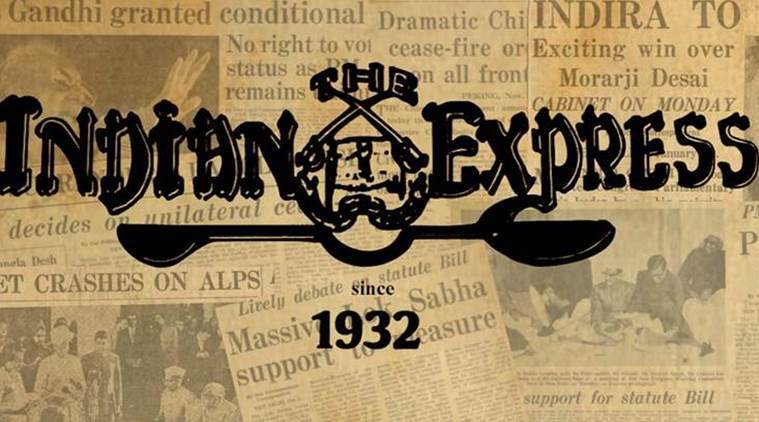 As great power relations enter a period of turmoil, Moscow and New Delhi needed to take a fresh look at the bilateral relationship.
As great power relations enter a period of turmoil, Moscow and New Delhi needed to take a fresh look at the bilateral relationship.
The annual India-Russia Summit set in motion by Russian President Vladimir Putin in the year 2000 has gone a long way towards ensuring relatively stable relations between the two countries since. But the equation has been buffeted by a number of developments in recent years. These include India’s concerns about Russia’s closer ties with Beijing and its recent flirtation with Pakistan, including joint military exercises and defence cooperation; and Russia’s worries about India’s warmth towards the United States.
As great power relations enter a period of turmoil, Moscow and New Delhi needed to take a fresh look at the bilateral relationship. The idea of adding an informal summit, like the one in Sochi this week, to the President Putin-Prime Minister Narendra Modi repertoire is a positive development aimed at addressing the concerns of both countries.
The summit stressed that the two countries must work together for “defence cooperation” in a multipolar world. The reiteration of strategic and defence ties indicates that both countries are willing to hedge against the impact of sanctions on Russia under the US’s Countering America’s Enemies through Sanctions Act (CAATSA) and its effect on India’s defence procurement: New Delhi is currently negotiating an S-400 short-range air defence system deal with Moscow. China has reportedly already received its first regimental set of the S-400 system as part of a 2014 deal with Russia.
While the idea of a multipolar world is an old one and was rooted in the challenge of coping with America’s unipolar moment at the end of the Cold War, it has acquired a new context with China’s rise. China’s economy is nearly 10 times larger than Russia’s and five times bigger than India’s. Coping with the consequences of that imbalance is urgent, as China and the US seek to rearrange the global economic and political order. The statement issued at the end of the summit also talks of India and Russia working together towards stabilising Afghanistan. However, there have been fundamental differences in the way the two prospective partners view the situation.
New Delhi has been deeply uncomfortable with the Russian argument that the Taliban has been a positive force for peace in Afghanistan. The political differences that have crept into what has been elevated to a “strategic and privileged partnership” at Sochi would not have mattered as much if Delhi and Moscow had continued to expand their economic partnership. However, despite repeated proclamations, both sides have failed to deliver on the economic promise of a long and cordial relationship between the two large economies. The bilateral Strategic Economic Dialogue between the Niti Aayog and Russia’s Ministry of Economic Development announced at Sochi is meant to address this lacuna in the relationship. It will have its work cut out.